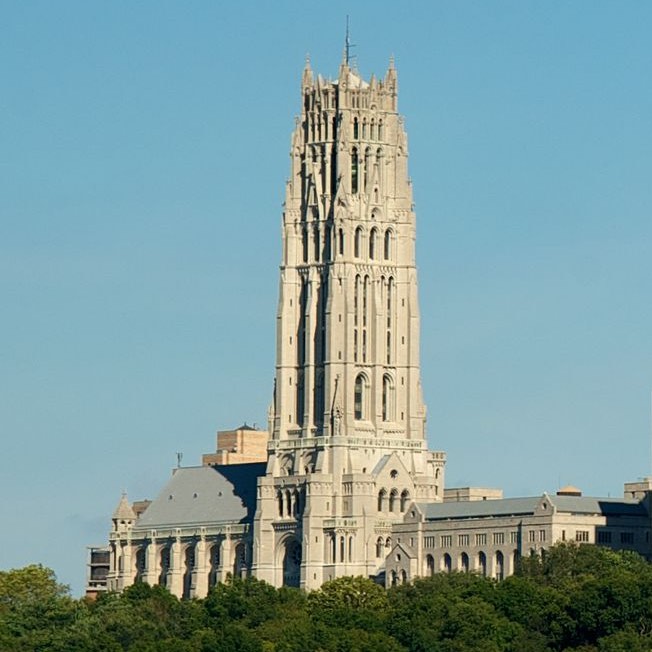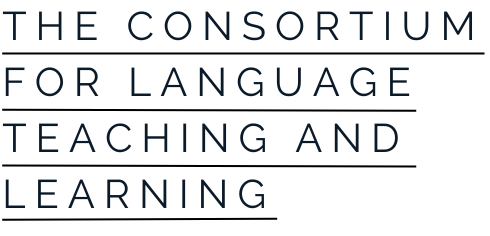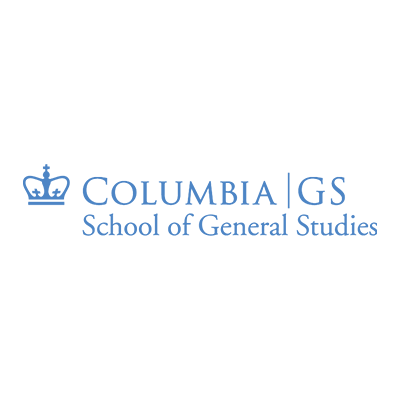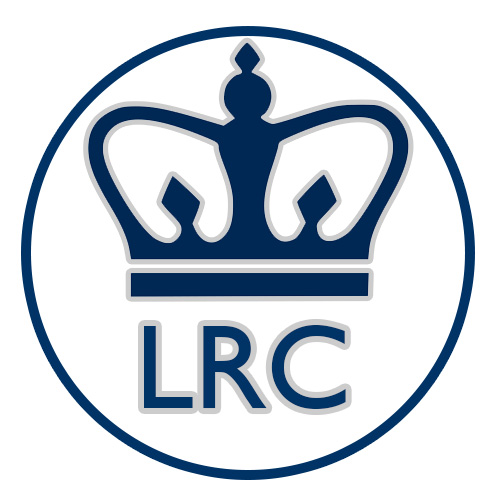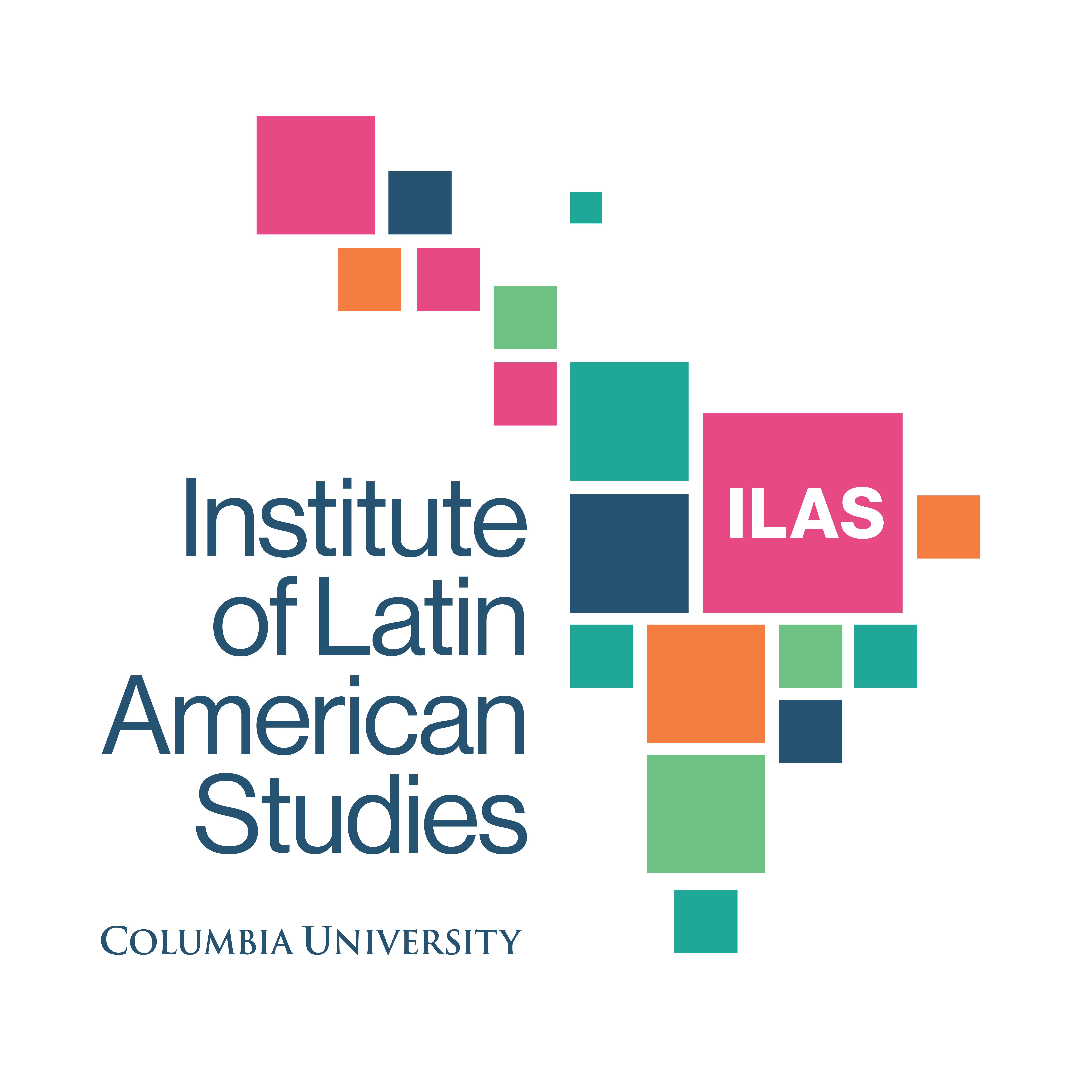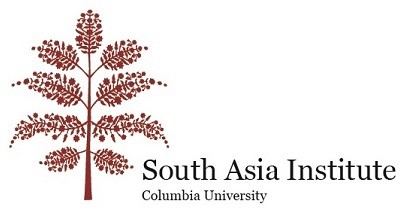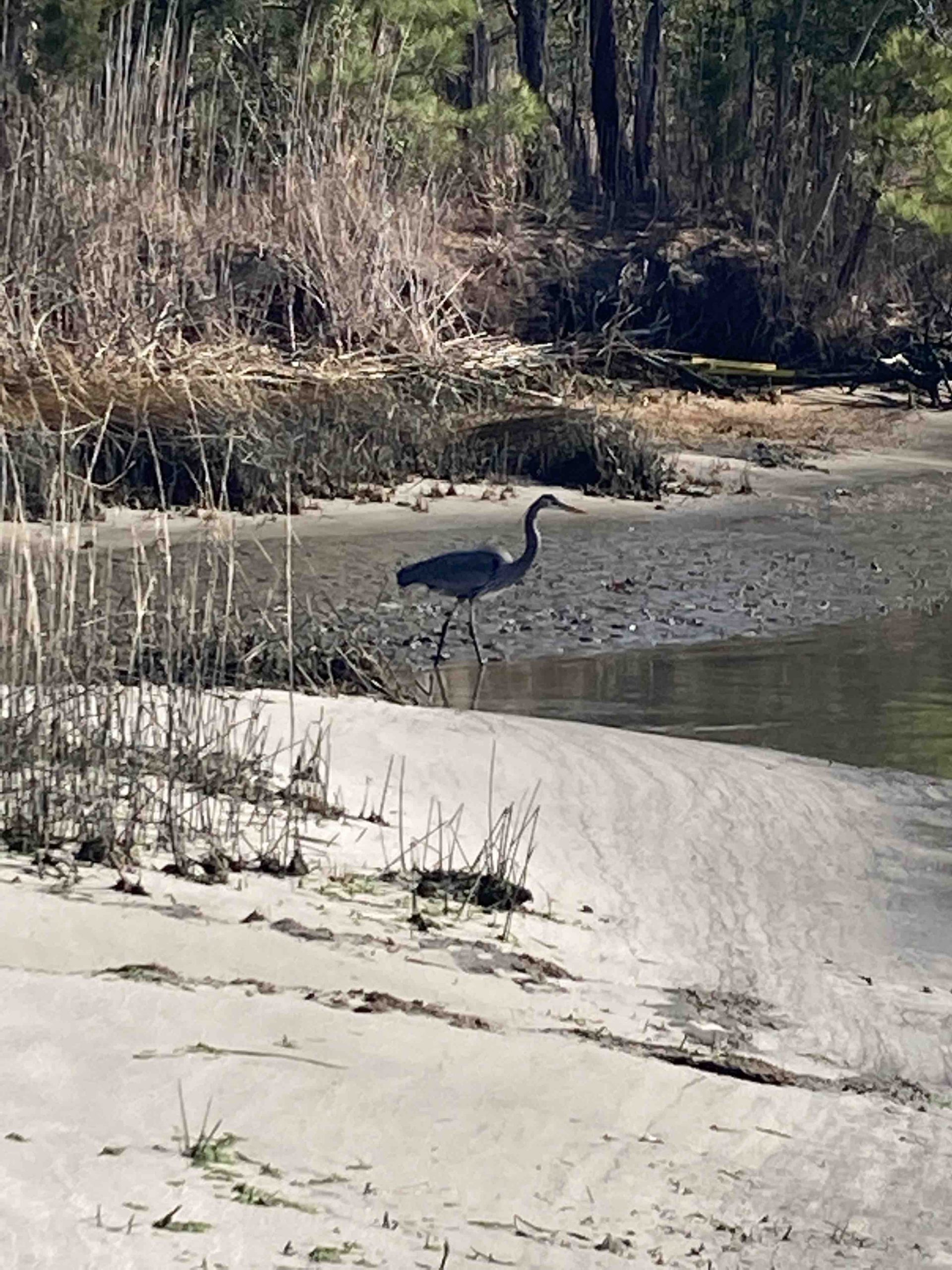The Consortium for Language Teaching and Learning
Columbia University
May 3-4, 2024
Language and Climate
Making Connections for a sustainable future
Friday Livestream
Saturday Livestream
The relationship between climate and language is multifaceted and complex. It involves the constant interplay between environmental conditions, human adaptation, cultural practices, and language use. This symposium aspires to explore the nexus between climate and language study and examine the ideological assumptions that shape the relationship between the natural world and the language used to speak about it.

Keynote Speakers
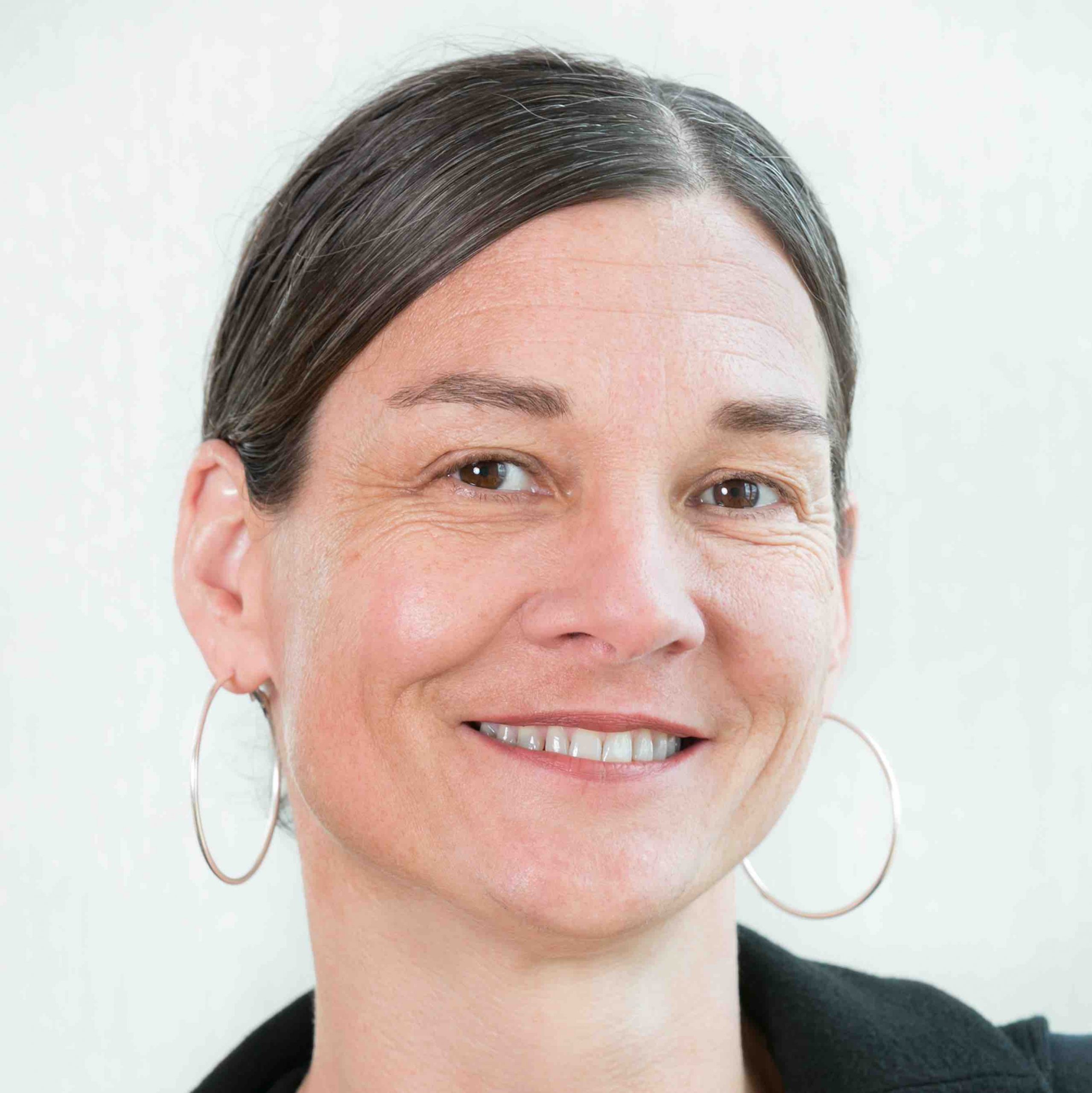
Christina Gerhardt
Opening Keynote Speaker
Christina Gerhardt is Leir Professor of Comparative Literature at Clark University; former Barron Professor in Environment and the Humanities at the High Meadows Environment Institute at Princeton University (2021-2022); and a permanent Senior Fellow at the University of California at Berkeley, where she taught previously. She is also an environmental journalist. Her writing has been published (under “Tina Gerhardt”) in The Guardian and Sierra Magazine, among other venues. She is the author of Sea Change: An Atlas of Islands in a Rising Ocean, published by the University of California Press and named one of the “Best Popular Science Books of 2023” by the New Scientist and called “a work of art” by the LA Times
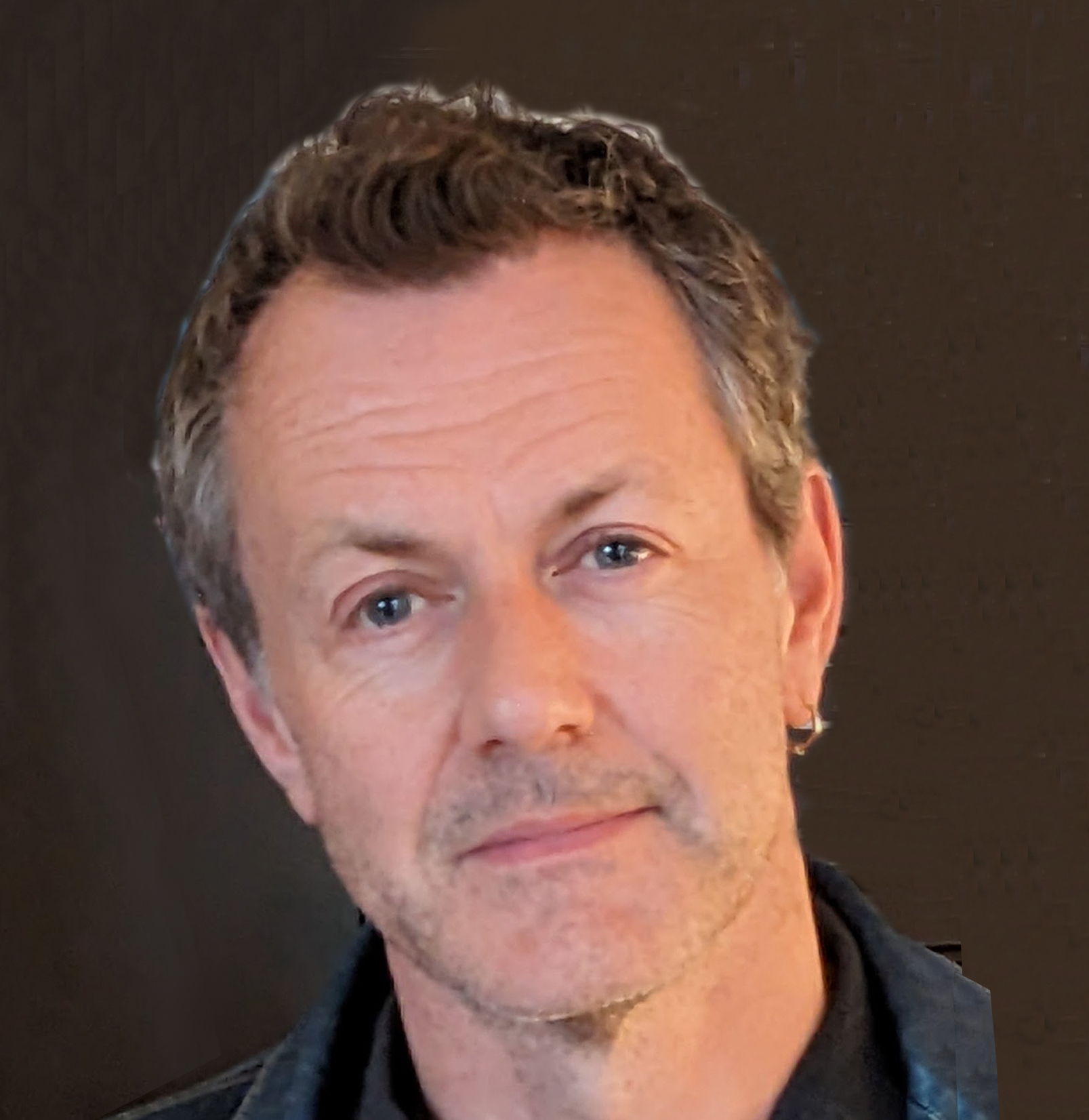
Mark Turin
Closing Keynote Speaker
Mark Turin is an anthropologist, linguist, and Associate Professor at the University of British Columbia, where he directs the Digital Scholarship in Arts (DiSA) program. His academic background has focused on Indigenous studies, endangered languages, and oral literature. Dr. Turin is known for his extensive research in the Himalayan region and the Pacific Northwest, as well as his collaborative work with Indigenous communities. He has authored numerous books and served on research projects focusing on language documentation and revitalization. Additionally, he is recognized for his advocacy for linguistic diversity and has been involved in projects funded by organizations such as the Arcadia Fund and NASA.
Panelists
Claire-Marie Brisson
Dr. Claire-Marie Brisson is a Franco-Michigander who situates her rhizomatic identity between the United States and Canada, with roots in Metro Detroit and familial connections to Québec. Claire-Marie is the founder and host of The North American Francophone Podcast and is a Special Correspondent for Radio-Canada Alberta.
A life-long learner, Claire-Marie has combined her passion for research with a dedication to topics in Second Language Acquisition. Her practice weaves elements of design thinking, digital humanities, and global trends into her courses. She is a proponent of experiential learning and the blending of virtual and in-person experiences.
Fransha (pronounced ‘fran-SHĀ’) Dace is a climate scientist from Chicago’s South Shore neighborhood. Fransha earned her bachelor’s degree in environmental science at Emory University and her master’s degree in Climate and Society at Columbia University. As a researcher at the NASA Goddard Institute for Space Studies, Fransha deepened her interest in climate adaptation planning. In her current pursuit of a PhD at the Yale School of the Environment, Fransha hopes to combine this interest with her passion for localized resilience efforts to build prepared, supportive and safe communities domestically and internationally.
Erin Friedman
Erin Friedman is a research scientist at the City University of New York Remote Sensing Earth Systems Institute and serves as the social science coordinator at the NOAA Center for Earth System Sciences and Remote Sensing Technologies. She focuses on analyzing the political economy of climate adaptation, uneven development, and vulnerability in urban coastal areas in both Caribbean countries and the United States. Erin employs mixed-methods approaches such as critical discourse analysis, corpus linguistics, and geographic information systems to conduct her research. Her work has appeared in various academic journals including Global Environmental Change, Climate Risk Management, Current Opinion in Environmental Sustainability, as well as Annual Review of Public Health.
Harrison Gerson
Harrison Gerson is a Columbia University undergraduate studying Sustainable Development, engaged in the circular economy, environmental tourism, and diplomacy in multilingual settings. Harrison speaks English, French, Spanish, and German and studies seven more languages to understand cultures and contribute to international sustainability.
Harrison developed sustainability plans for Columbia’s Global Center in Paris, the Chilean Tourism Federation in Santiago, and Patagonia Camp Hotel. He also works with Barnard Sustainability on their circular platforms and has developed interactive platforms on reframing tourism with environmental justice for NYC. Harrison is also an inaugural Student Scholar of the Institute of Global Politics at Columbia’s School of International & Public Affairs, where he researches the effects of artificial intelligence and language on democracy. His multilingual experiences frame how he engages in climate action.
Sandra Goldmark
Sandra Goldmark is a designer and professor whose work focuses on the circular economy and interdisciplinary climate strategies. Sandra is the Director of Sustainability and Climate Action and an Associate Professor of Professional Practice at Barnard College, and Senior Assistant Dean for Interdisciplinary Engagement at the Columbia Climate School. Sandra teaches courses in sustainable design, circularity, and climate. From 2013-2019, Sandra founded and operated Fixup, a social enterprise repair service dedicated to healthy and circular patterns of consumption. Sandra is a co-creator of the Sustainable Production Toolkit, a free climate action and sustainability resource for performing arts organizations, and serves on the Board of the Hudson Valley Shakespeare Festival. Her work has been featured in The New York Times, The Wall Street Journal, MSNBC, the BBC, The Sunday Times of London, The Daily News, Salon.com, and many more. A graduate of Harvard College and Yale University, Sandra is the author of Fixation: How to Have Stuff without Breaking the Planet. www.sandragoldmark.com
María Eugenia Lozano
María Eugenia Lozano joined Barnard’s faculty in 2010. Previously, she taught at Columbia University, University of Massachusetts, Amherst College, Holyoke Community College, and Washington State University.
Professor Lozano’s research interests include second language acquisition, language maintenance among immigrants, and the use of Web 2.0 technologies for language teaching. At Barnard she teaches beginner, intermediate, and advanced Spanish languages courses.
Ross Perlin
Ross Perlin is co-director of the Endangered Language Alliance (ELA), a non-profit research institute focused on documenting and supporting endangered languages in New York City and beyond. At ELA since 2013, he has edited the Languages of New York City map (www.languagemap.nyc) and managed a variety of projects focused on language documentation, language policy, and public programming around urban linguistic diversity. Himalayan languages are a research focus — for his PhD in Linguistics at the University of Bern, Ross created a trilingual dictionary, a corpus of recordings, and a descriptive grammar of Trung, an endangered language of southwest China, based on several years of fieldwork. Ross has a BA from Stanford, an M.Phil. from Cambridge, and an MA from the University of London (SOAS). Ross is also a writer and translator. His most recent book is Language City.
Jorge Méndez-Seijas
Jorge Méndez-Seijas is the Spanish Language Program Director and Senior Lector at Yale University. He holds a Ph.D. and an M.S. in Spanish Linguistics/Second Language Acquisition (Georgetown University), an M.A. in Phonetics and Phonology with a concentration on Second Language Acquisition (The Spanish National Research Council, Spain), and a B.A. in Spanish-American Language and Literature (Universidad de Los Andes, Venezuela). Before joining Yale, he taught and served as a course and/or program coordinator at Harvard University, Princeton University, Georgetown University, and the University of Rhode Island.
Jorge’s research interests include curriculum design, theoretical and applied linguistics, second language acquisition and teaching, and heritage language education. He frequently presents at national and international conferences and publishes his work in specialized scholarly venues. His work on curriculum design has been recognized with the Innovation in Language Program Direction Award twice (2020, 2022), an award conferred by the American Association of University Supervisors, Coordinators, and Directors of Language Programs.
Américo Mendoza-Mori
Américo Mendoza-Mori teaches and researches topics on Latin American, U.S. Latinx, and Indigenous studies at Harvard University.
Dr. Mendoza-Mori is involved with different academic and community-oriented projects to raise awareness of the relevance of Quechua languages and literatures, Latinx and Latin American cultures, and Indigenous Knowledge Systems. His work has appeared in a variety of academic publications, TEDx Talks, and has been presented at major institutions such as the United Nations and international media (The New York Times, BBC, NPR, The Guardian).
Previously, he served as the founding coordinator of the University of Pennsylvania’s Quechua Language Program. Currently, he is a Lecturer in Latinx Studies and founder of the Quechua Initiative on Global Indigeneity at Harvard.
Renata Ruiz Figueroa
Renata joined Columbia University’s Latin American and Iberian Studies department as a Ph.D. student in 2020. She holds a B.A. in History from the Universidad Nacional Autónoma de México. Her interests lie at the intersection between agrarian history, environmental humanities, and visual and religious studies. Her research takes a trans-historical approach to explore the relations between the human and the non-human in processes of nation-building and the expansion of capitalist frontiers in Mexico, more recently focusing on the Nahua concept of altepetl (water-mountain) as an ecological complex. She is also interested in the uses of history, the politics of space and time, the history of rural movements and migrations, and the ecology of cloud forests.
Theresa Summer
Theresa Summer is Associate Professor of Teaching English as a Foreign Language at the University of Bamberg in Germany. Her research and teaching interests encompass learner perspectives, critical language pedagogy, pop culture, grammar, and global citizenship education. She has contributed theoretical, empirical, and practice-oriented works to these fields. As a co-editor of the volume Taboos and Controversial Issues in Foreign Language Education (Routledge), she aims to integrate functional language learning with relevant themes and important content, fostering an engaging approach to language education. One of her current projects within the competence network lernen:digital in Germany focuses on exploring the potential of immersive virtual reality for environmental learning.
This symposium is co-sponsored by


